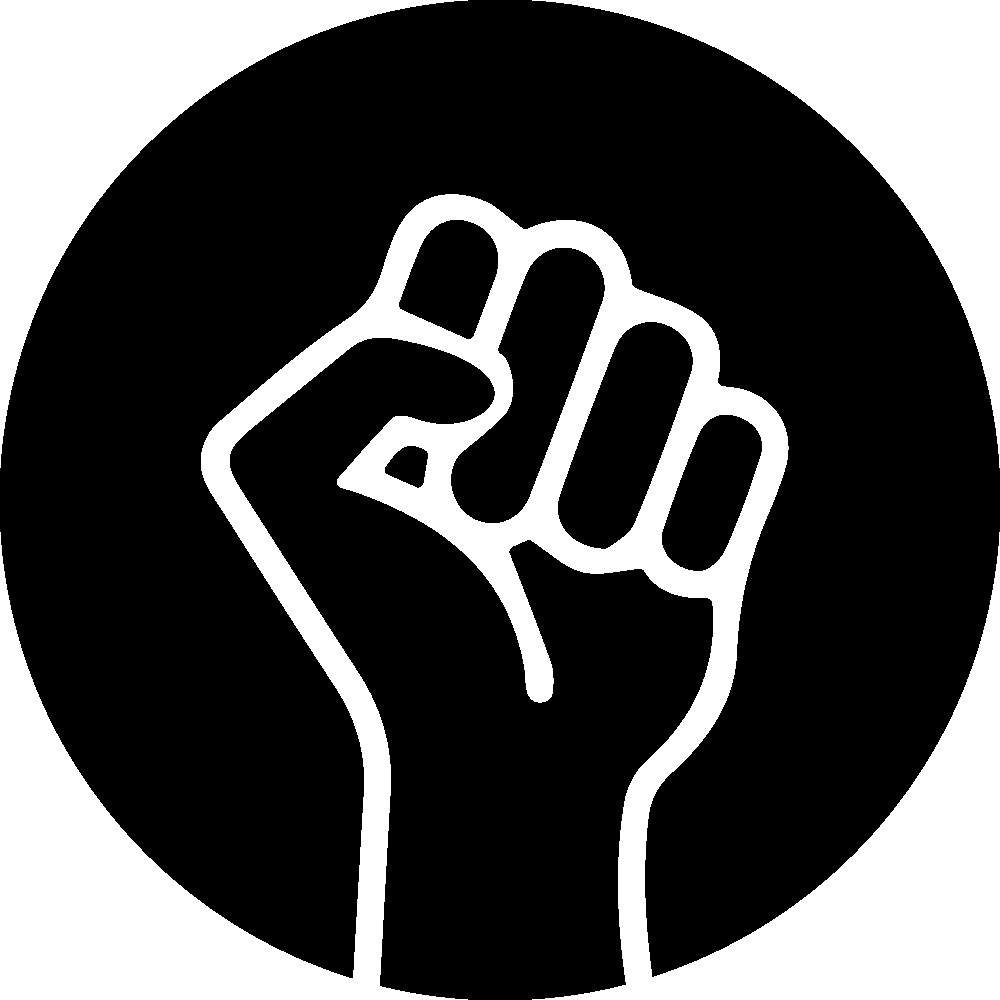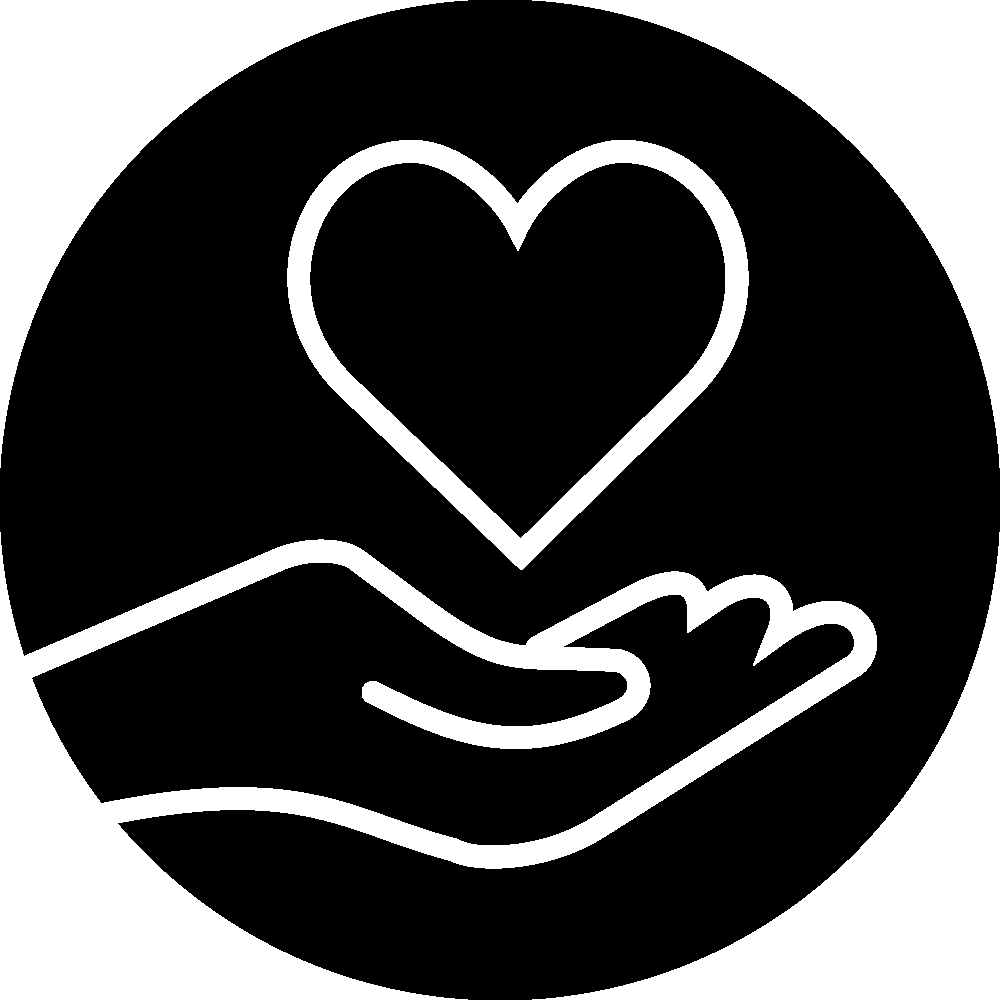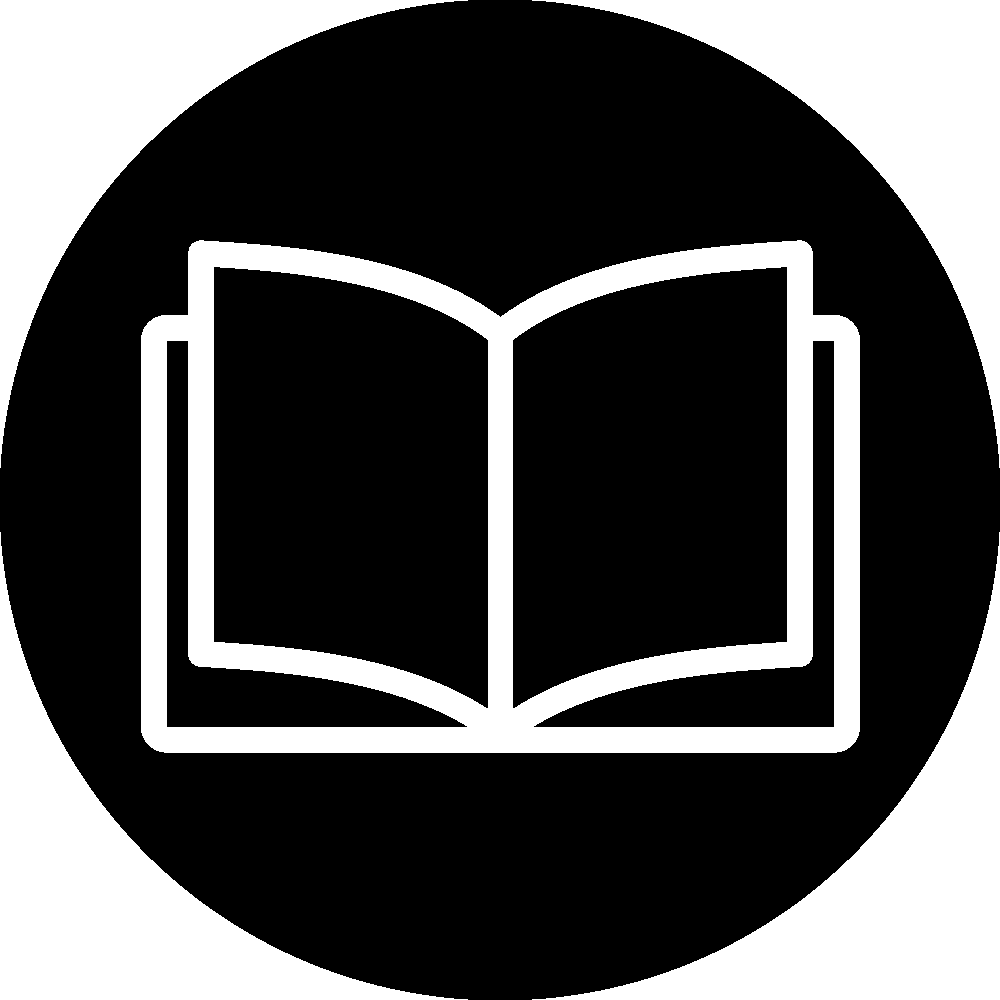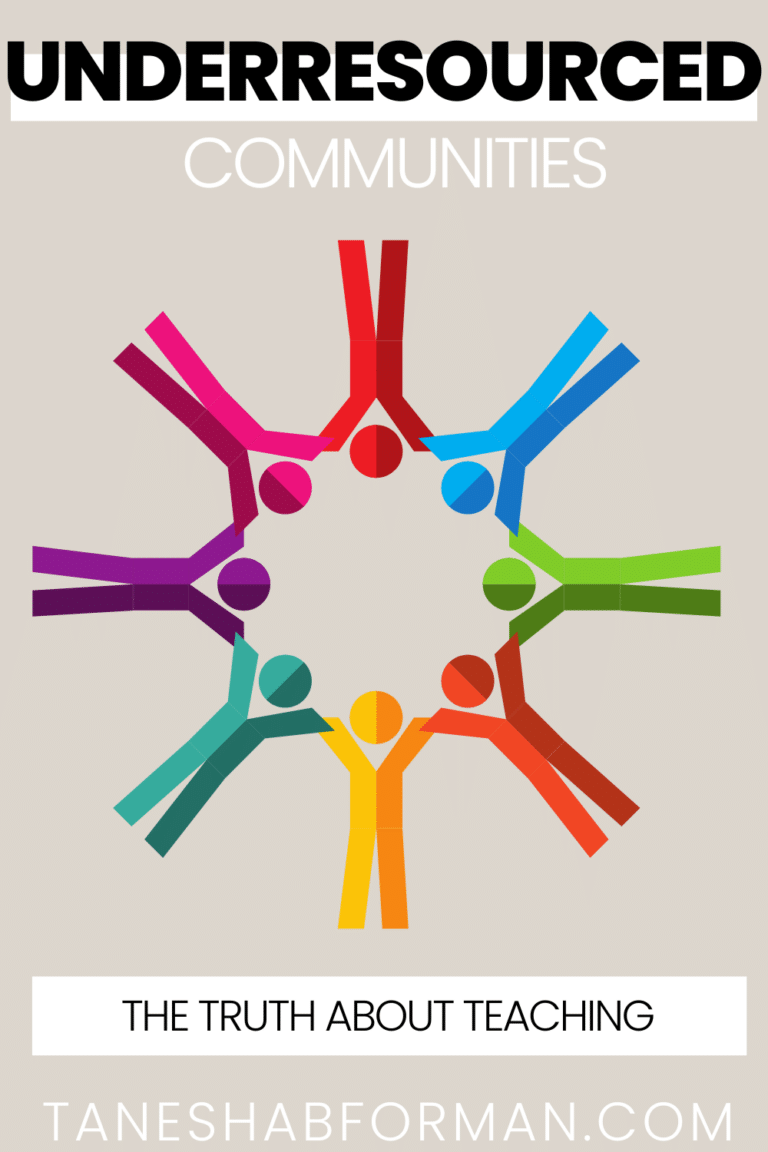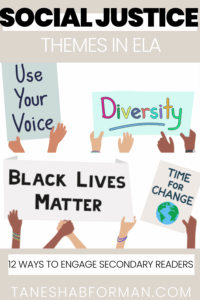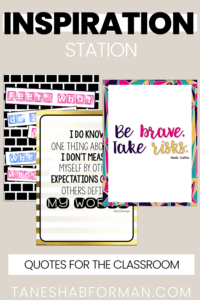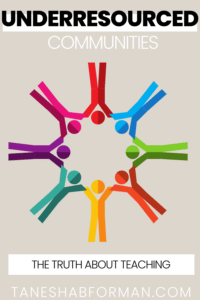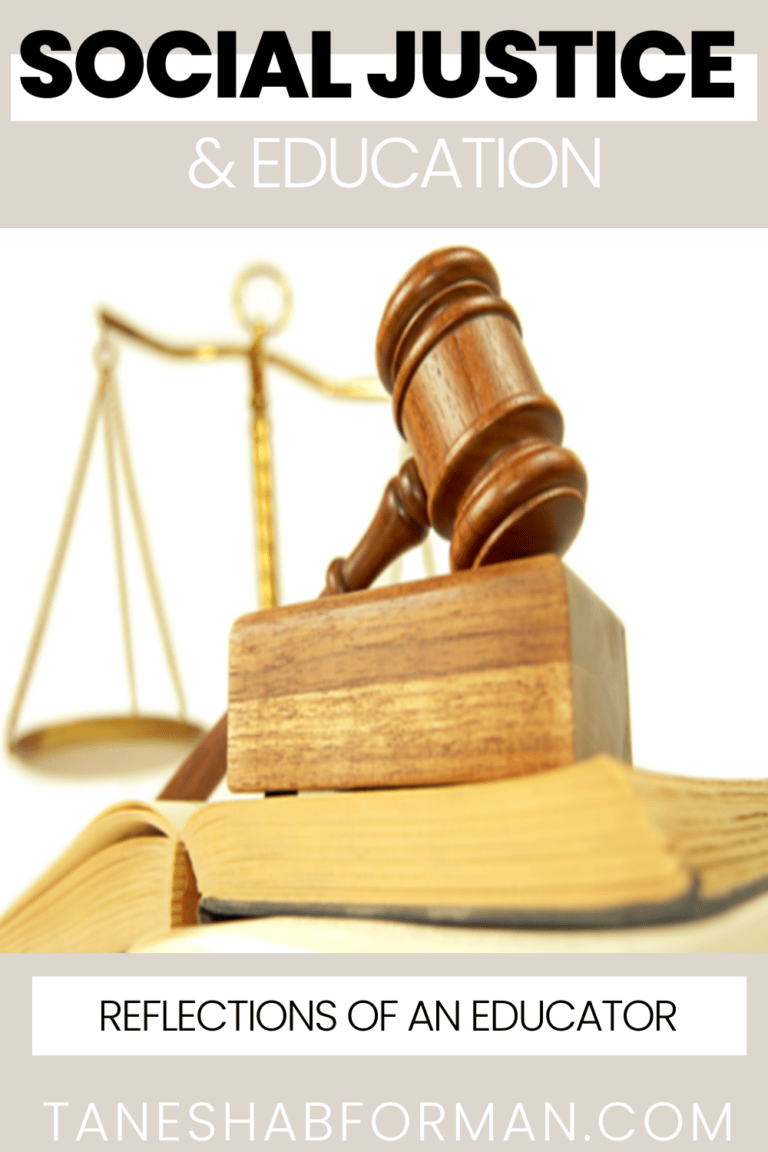
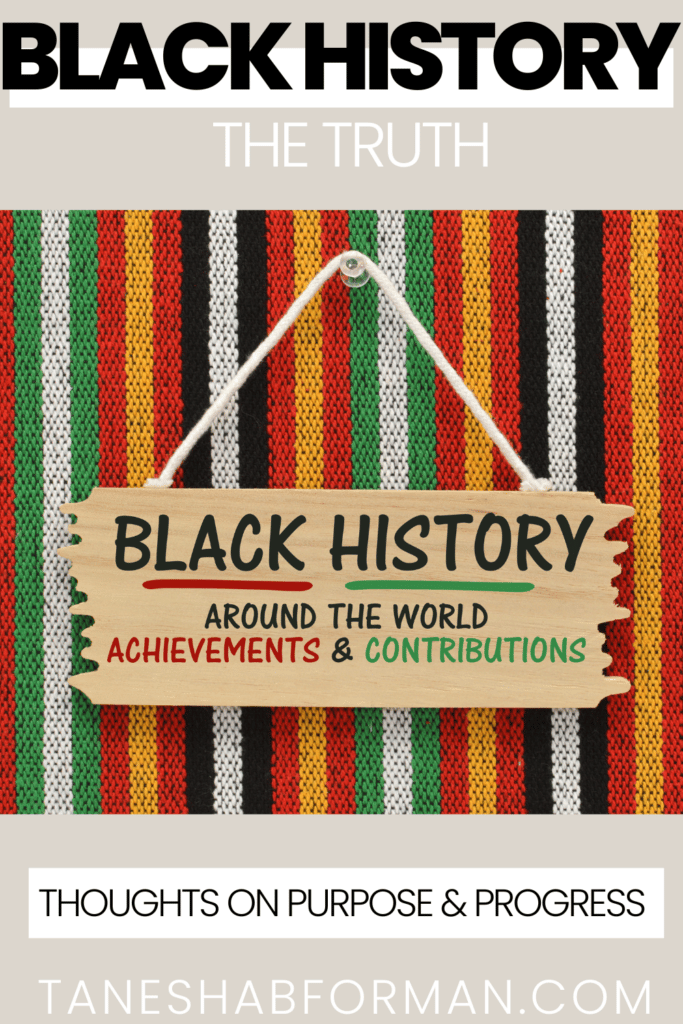
Black History Month: Purpose and Progress
In my K-12 education I remember being taught that “slaves” were brought to the Americas. I wish one of my teachers would have adopted the notion, “slaves weren’t brought to the Americas, people were.” This perspective humanizes Africans, and validates the lives of those who were wrongfully thrown into a vicious cycle of oppression and abuse. During “Black History Month” my teachers also shared the phenomenal stories of the same people (e.g. MLK Jr., Rosa Parks, Harriet Tubman) year after year. While the accomplishments of these great individuals is certainlyworthy of recognition, in college I challenged myself to two things. One, to remember and celebrate the history of AFRICA before European colonization, and two, to integrate the history of African Americans, and other cultures throughout the year in my curriculum! The latter is a work in progress. While the debate on the pros/cons of having “Black History Month” rages on, I am convicted by a need to see cultures embedded into the curriculum and not isolated to a month, week, or day. I can’t think of a single American history event that doesn’t in some way intersect with a different race or culture. I have gone back and forth about celebrating Black History Month. I get the argument that it is needed, but I can’t ignore the fact that to me it seems more of a “do and show” versus a “learn and grow.”
Another reflection I have is about the full story of the Civil Rights Movement. There were some pivotal moments (e.g. Emmett Till’s murder, MLK Speech, Montgomery Bus boycott), but there were also stories and events that sometimes get lost in the shuffle. In particular, I long for a curriculum that delves into the collaborative efforts between blacks and their white allies, or the dissension within the African American community on the direction of the movement, or the role of politics in the fight for equality. The good news is that I believe that push for multiple perspectives with the CCSS is moving us closer to such conversations.

PIN FOR LATER!
JOIN THE COLLECTIVE
Sign up and access the FREE resources to support your Anti-Bias/Anti-Racism journey.

Tanesha B. Forman
I'm a current middle school administrator who loves breaking down complex topics and providing opportunities for educators learn, reflect, practice, and implement methods that foster equity and anti-racism. I believe we win together!
Behind the Blog
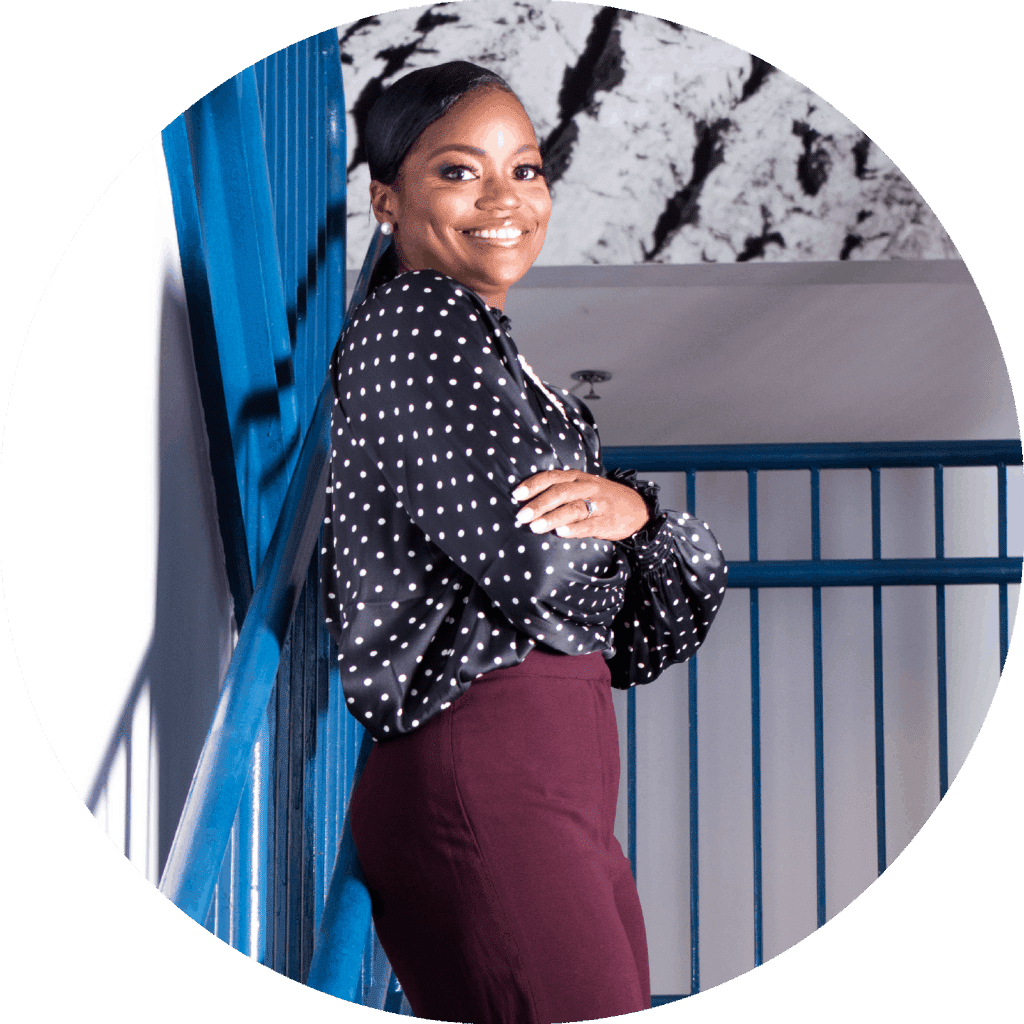

Hi, I'm Tanesha.
I’m a current middle school administrator who loves breaking down complex topics and providing opportunities for educators learn, reflect, practice, and implement methods that foster equity and anti-racism. I believe we win together!





